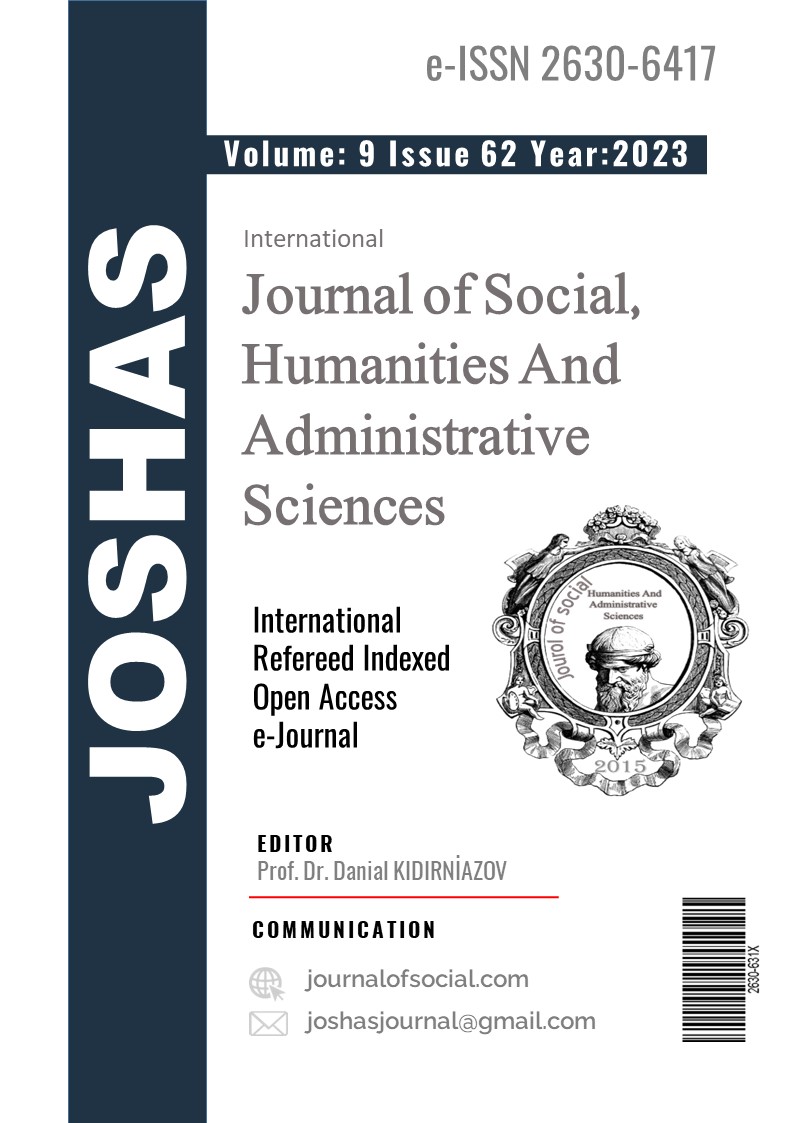Author :
Abstract
Diderot Etkisi, tüketicilerin tek bir satın alma ile başlayan ve ardından durdurulması zor bir tüketim döngüsüne girmelerine sebep olan yıkıcı bir motivasyondur. Diderot bu döngüyü sahip olma arzusundan kaynaklanan haz ile başlayan fakat asla tatmin edilememesi sebebiyle akıl dışı bir hal alan ve nihai olarak tüketicinin özgürlüğüne ket vurabilecek güce ulaşan bir tüketim sarmalı olarak açıklamaktadır. Statü arayışı ve hazcı eğilimlere hitap etmesi sebebiyle bu etki, birey düzeyinden toplum düzeyine yaygınlaşabilmekte ve sonuç itibariyle kıt kaynaklar gerçekliğinin aksine sınırsızca tüketen yığınlara sebep olabilmektedir.
Materyalist değerlerin öne çıktığı bu etki, sürdürülebilir tüketim pratikleri ile tam anlamıyla zıt davranışsal çıktılara sebep olmaktadır. Oysaki içinde bulunduğumuz çağ, doğal kaynakların hızla eridiği, ekonomik krizlerin sıklıkla yaşandığı, gelir dağılımındaki adaletsizliğe paralel olarak ulusların gelişmişlik düzeyleri arasında derin uçurumların meydana geldiği bir dönemdir. Bu yıkıcı dönüşüm, sürdürülebilirlik odaklı uygulamalar ile tersine çevrilmeye çalışılsa da henüz arzu edilen tutum değişiminin gerçekleşmediğini söyleyebilmek mümkündür. Farkındalık, sorumluluk ve toplum bilinci gibi temel kavramların edinilmesinin hedeflenen sürdürülebilir tüketim alışkanlıklarını benimseyebilmek hususunda yeterli olmaması ise tüketici davranışını şekillendiren diğer psikolojik ve sosyal dinamiklerin anlaşılmasını daha önemli hale getirmiştir. Bu amaca hizmet etmek üzere gerçekleştirilen bu çalışmada iki olgu arasındaki ilişki pazarlama disiplini çerçevesinden incelenmiştir.
Keywords
Abstract
The Diderot Effect is a destructive motivation that causes consumers to enter into an unstoppable consumption cycle starting with a single purchase. Diderot describes this cycle as a consumption spiral that begins with the desire to possess and leads to an irrational state that can ultimately limit the consumer's freedom. The effect appeals to status-seeking and hedonistic tendencies and can spread from the individual to the societal level, resulting in mass consumption that defies the reality of scarce resources. As a consequence, the Diderot Effect can give rise to unlimited consumption by the masses, in contrast to the reality of limited resources.
This effect, which highlights materialistic values, leads to behavioral outcomes that are completely opposite to sustainable consumption practices. However, the current era is a period in which natural resources are rapidly depleting, economic crises occur frequently, and deep gaps between the development levels of nations arise in parallel with income inequality. This destructive transformation, although attempted to be reversed with sustainability-focused practices, has not yet led to the desired attitude change. Thus, it has become more important to understand the other psychological and social dynamics that shape consumer behavior, as awareness, responsibility, and societal consciousness alone are not sufficient to adopt sustainable consumption habits. This study aims to examine the relationship between these two phenomena within the framework of marketing discipline.





